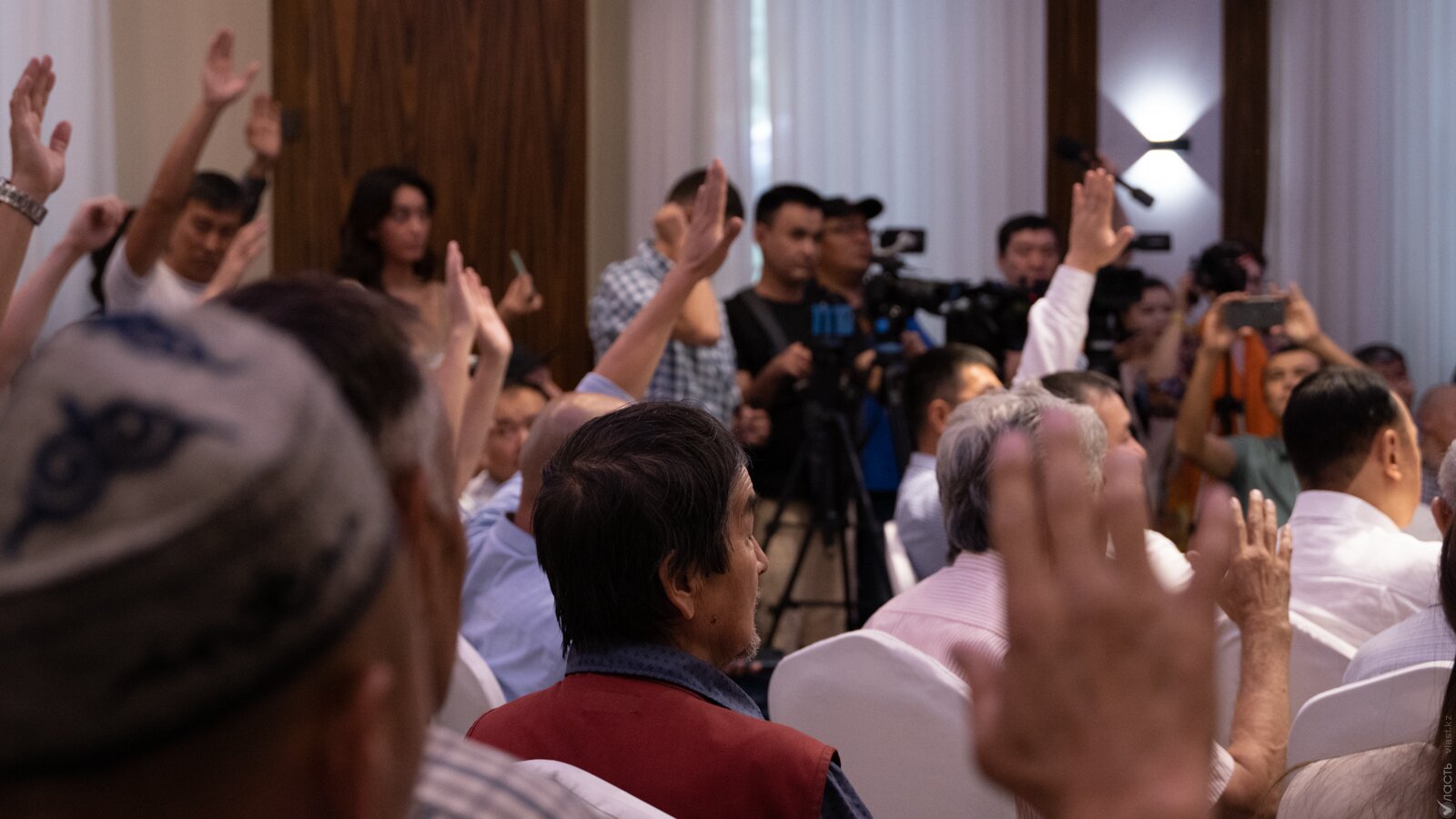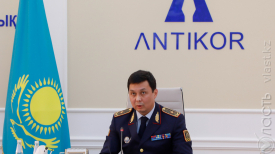The Amanat ruling party and the two other parties represented in Parliament will hold their congress next week on October 6 and are poised to announce their support for incumbent President Kassym-Jomart Tokayev’s re-election.
Tokayev left Amanat, previously called Nur-Otan, at the end of April, in an effort to disconnect the presidency from the ruling party.
Both Ak Zhol and the People’s Party had put forward presidential candidates in past elections. Now, the fact that the three parties in parliament will rally behind Tokayev shows an image of unity, which the president has tried to build since January.
Instead, Tokayev’s opponent will most likely emerge from marginal groups. On September 30, the Auyl party proposed its own candidate to the presidency, Zhiguli Dairabayev.
Other candidates have not yet officially come forward, although some leaders of political movements in the country have thrown their hat in the ring. One of them is Nurzhan Altayev, ex-member of Parliament, another is Meiram Kazhyken, of the Yntymaq party. And yet another one could come from the National Social Democratic Party, which will hold a congress on October 1.
Within the so-called 'united opposition movement', the unregistered party Bizdin Tandau has not proposed a candidate but its leader Bulat Abilov said he would get behind a “transitional candidate” whose program includes a constitutional change from a presidential to a parliamentary system.
In the midst of the campaign, Tokayev visited Semey, the capital of the newly-created Abai region, on September 30. There, he proposed to build a new thermal power plant, a railway to China, and laid out other plans “for the dynamic development of the region.”
Tokayev also signed a decree establishing Republic Day on October 25. In a column, Vlast founder Vyacheslav Abramov highlighted how creating new holidays and memorial days should be accompanied by a thorough investigation of the country’s darkest pages.
The Kazakhstan International Oil and Gas Exhibition (KIOGE) took place in Almaty. At the conference, high-level talks featured a bullish outlook for the fossil fuel industry in the country, despite ongoing debates on decarbonization.
While his energy minister and the heads of the national oil and gas companies were speaking at KIOGE, Tokayev was visiting the Digital Bridge conference in the capital, which focused on the modernization of the country’s IT infrastructure and the development of the digital economy.
Against this upbeat newsreel, according to official statistics, between September 22-27, at least 98,000 Russians entered Kazakhstan. The mass exodus occurred after the Russian government announced a “partial mobilization” of the population to the frontline of the war against Ukraine.
The large influx clogged border posts in Kazakhstan’s northern regions and caused a sharp inflation in internal airfares, short-term rentals, and taxi services.
Поддержите журналистику, которой доверяют.








